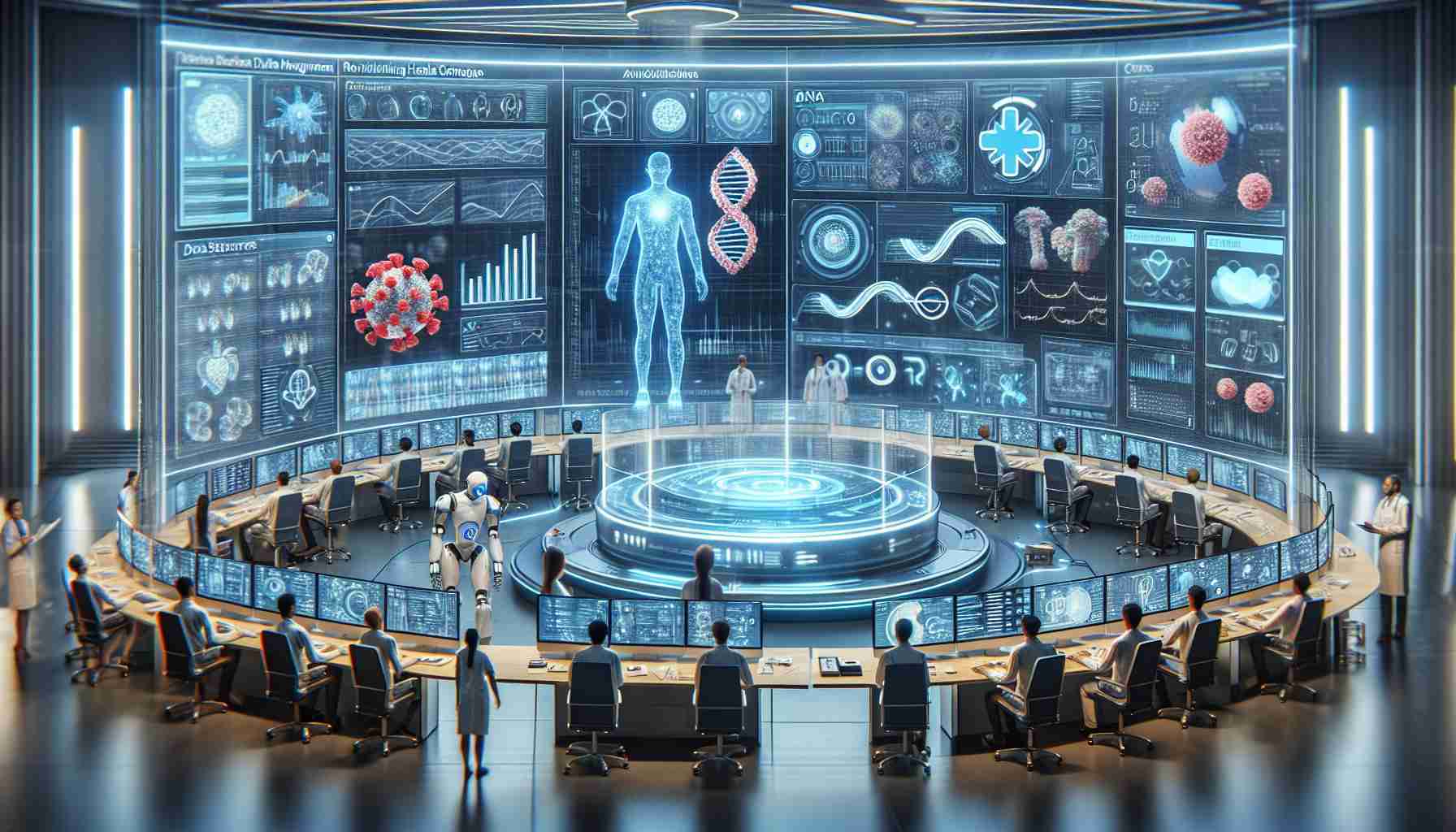An Overhaul in Healthcare Data Management
Healthcare providers are facing significant challenges in accessing crucial patient information, leading to devastating consequences. Patients are experiencing adverse outcomes due to inadequate sharing of medical data among different systems. The inability to access complete patient records has resulted in fatal errors.
The Impact of Data Fragmentation
In one heartbreaking incident, a young boy lost his life due to a lack of crucial information in his medical history. Tragically, the healthcare professional was unaware of the child’s underlying condition, leading to a fatal delay in treatment. This case underscores the urgent need for a unified healthcare data management system to prevent such tragedies.
Proposed Solutions for a Unified System
Calls for a comprehensive overhaul of the existing healthcare data management systems have been made to prevent further loss of lives. Efforts to streamline patient records into a centralized database accessible to all healthcare providers are being spearheaded. The goal is to ensure that clinicians have access to complete and up-to-date information, ultimately enhancing patient care outcomes.
A Digital Transformation in Healthcare
The future of healthcare lies in embracing digital solutions to bridge the gaps in information sharing. With proposed plans for a unified patient record system, healthcare providers can access vital patient information seamlessly. The transition towards a digital age in healthcare promises to revolutionize patient care and enhance overall efficiency within the healthcare sector.
Revolutionizing Healthcare Data Management: Uncovering Key Insights
As the healthcare industry moves towards revolutionizing data management practices, several key questions arise to address the challenges and opportunities in this transformative journey.
What are the most important questions in healthcare data management?
1. How can healthcare providers effectively integrate disparate systems to ensure seamless sharing of patient information?
2. What role does data standardization play in improving interoperability among different healthcare platforms?
3. How can data privacy and security concerns be addressed while promoting data accessibility for healthcare professionals?
Key Challenges and Controversies:
One of the primary challenges in revolutionizing healthcare data management is the interoperability issue caused by disparate systems and data fragmentation. Ensuring secure and standardized data exchange poses a significant hurdle in achieving a unified system. Additionally, controversy surrounds the balance between data accessibility for improved patient care and safeguarding patient privacy rights.
Advantages and Disadvantages of Healthcare Data Revolution:
Advantages:
– Improved patient care outcomes through enhanced access to complete and up-to-date medical records.
– Streamlined workflows for healthcare providers leading to quicker decision-making and reduced errors.
– Enhanced data analytics capabilities for population health management and personalized patient care.
Disadvantages:
– Implementation costs associated with transitioning to unified data management systems.
– Potential resistance from stakeholders accustomed to traditional paper-based or siloed electronic records.
– Concerns about data breaches and cyber threats due to increased digital interactions.
In the pursuit of revolutionizing healthcare data management, it is crucial to weigh the benefits against the challenges and controversies to drive sustainable changes in the industry.
For more insights on emerging trends in healthcare data management, visit Health Data Management.
